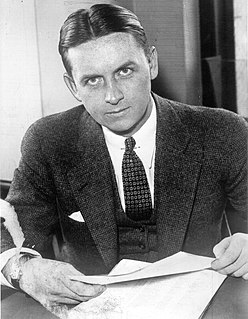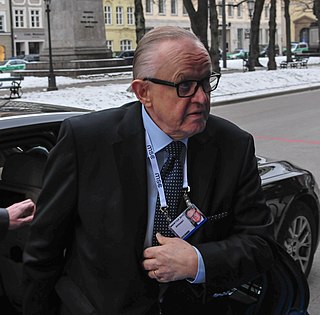A Quote by Eliot Ness
Doubts raced through my mind as I considered the feasibility of enforcing a law which the majority of honest citizens didn't seem to want.
Related Quotes
Revealingly, the central function of the Constitution as law--the supreme law--was to impose limitations not on the behavior of ordinary citizens but on the federal government. The government, and those who ran it, were not placed outside the law, but expressly targeted by it. Indeed, the Bill of Rights is little more than a description of the lines that the most powerful political officials are barred from crossing, even if they have the power to do so and even when the majority of citizens might wish them to do so.
A lot of the people who are supposed to be enforcing the crime, enforcing the law, are also criminals. They've suppressed something in their childhood and they don't want to think they themselves were sexually abused as children or they are abusing their own children and they're sitting on a bench and they either can't admit it, won't admit it, depending on how deeply buried it is.
I was 32 years old, and I've changed my mind. And the biggest reason that I changed my mind was my seven years as a federal prosecutor. What I learned in those seven years was that we were spending too much time talking about gun laws against law- abiding citizens and not nearly enough time talking about enforcing the gun laws strongly against criminals.
And so, through all the thick mists of the dim doubts in my mind, divine intuitions now and then shoot, enkindling my fog with a heavenly ray. And for this I thank God; for all have doubts; many deny; but doubts or denials, few along with them, have intuitions. Doubts of all things earthly, and intuitions of some things heavenly; this combination makes neither believer nor infidel, but makes a man who regards them both with equal eye.




































